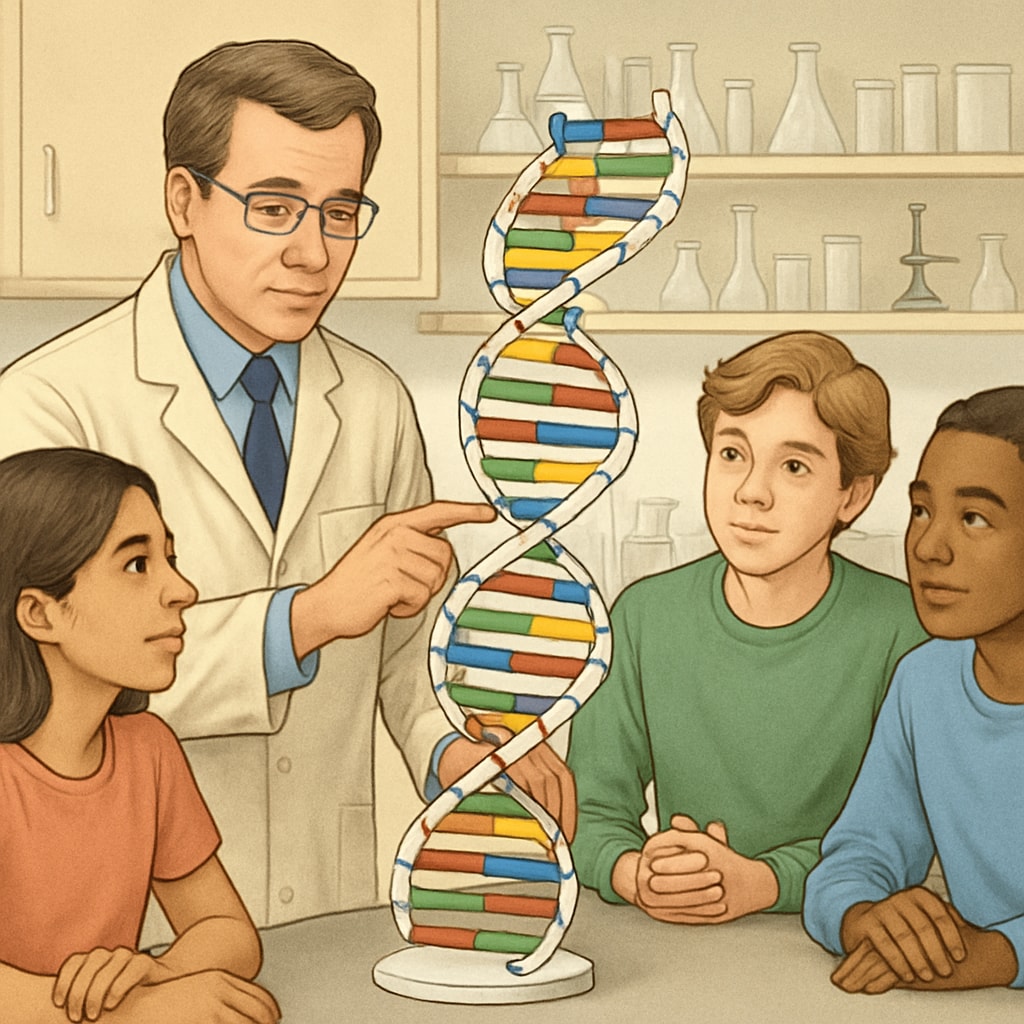The journey from a biology background to earning an education degree, such as a Master’s in Education, is not only feasible but also rewarding. This career transition allows biology professionals to utilize their scientific expertise in a meaningful way, particularly in K12 education. By merging their deep understanding of life sciences with pedagogical techniques, they can inspire young minds and address the growing demand for STEM (Science, Technology, Engineering, and Mathematics) educators. However, like any professional shift, this path requires careful planning and a clear understanding of the steps involved.
Why Biology Professionals are Well-Suited for Education
Biology professionals bring unique strengths to the education field. Their background in scientific inquiry, data analysis, and critical thinking equips them to teach complex concepts effectively. Additionally, their real-world experience in laboratories or research settings adds authenticity to their lessons, engaging students through practical examples.
Another advantage is the alignment of biology with STEM education goals. According to the Britannica on STEM education, there is a global need for educators who can bridge the gap between theoretical knowledge and practical applications. Biology professionals, with their hands-on experience, are ideal candidates to fulfill this role.

How Scientific Expertise Enhances K12 Education
Incorporating a scientific approach into education encourages a more inquiry-based learning environment. For example, a biology professional can design experiments that align with the curriculum, fostering critical thinking and problem-solving among students. This approach not only improves academic performance but also cultivates a lifelong interest in science.
Moreover, their expertise enables them to address misconceptions and provide clear explanations of challenging topics like genetics, ecosystems, or human anatomy. As a result, students gain a deeper and more accurate understanding of these subjects.
Additionally, biology professionals can guide students in exploring career opportunities in science. By sharing their own experiences, they can inspire the next generation of biologists, researchers, or healthcare professionals.

Steps to Transition from Biology to Education
While the transition from biology to education is promising, it involves several key steps:
- Earn Relevant Qualifications: Pursue an education degree, such as a Master’s in Education, with a focus on science teaching. Many universities offer programs tailored for STEM professionals transitioning into teaching.
- Gain Teaching Experience: Consider substitute teaching, tutoring, or volunteering in schools to build classroom experience and understand student dynamics.
- Obtain Certification: Research the teaching certification requirements in your region. In the U.S., for instance, states often require passing a teacher licensing exam.
- Develop Pedagogical Skills: Learn classroom management, lesson planning, and student assessment techniques. These skills are essential for effective teaching.
- Network with Educators: Join professional organizations such as the National Science Teaching Association (NSTA website) to connect with experienced educators and stay updated on teaching trends.
By following these steps, biology professionals can make a successful and impactful transition into education.
Overcoming Challenges in the Transition
While the switch from a biology career to education is rewarding, it is not without challenges. For instance, adapting to a classroom environment may feel overwhelming at first. However, with time and practice, these hurdles can be overcome. Engaging in professional development workshops and seeking mentorship from experienced teachers can ease the adjustment process.
Another challenge is addressing the diverse needs of students. Unlike a lab setting, classrooms require flexibility and the ability to cater to different learning styles. Developing individualized teaching strategies and maintaining patience are crucial to overcoming this obstacle.
Despite these challenges, the rewards of impacting young lives and fostering a love for science make the journey worthwhile.
Conclusion: The Value of Bridging Biology and Education
For biology professionals seeking a meaningful career change, transitioning to education offers an opportunity to make a lasting impact. By leveraging their scientific expertise and acquiring the necessary teaching skills, they can inspire future generations and contribute to the advancement of STEM education. With careful planning and dedication, the journey from the lab to the classroom can be both successful and fulfilling.
Readability guidance: Short paragraphs and lists have been used to summarize key points. Transition words such as “however,” “therefore,” and “for example” have been incorporated for better flow. Long sentences and passive voice have been minimized to ensure clarity and engagement.


